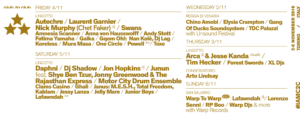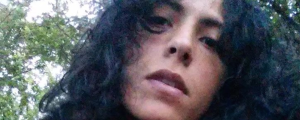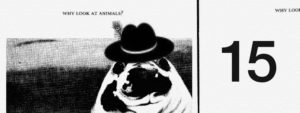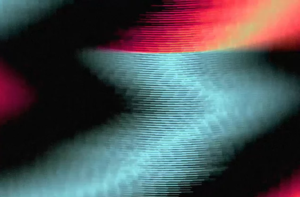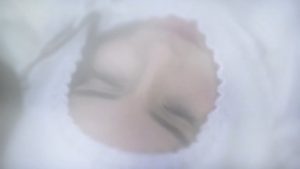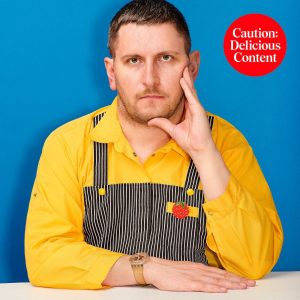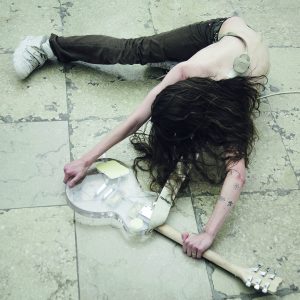“The gag doesn’t go much deeper than that unfortunately,” writes M.E.S.H., aka James Whipple, about the pun of the title ‘Elevator Piece,’ a work inspired by the auditory illusion of a rising pitch without ever shifting, called the Shepard tone. It’s showing as part of Berlin’s 3hd Festival Whatever You Thought, Think Again group exhibition, running November 22 to 25. It’s unclear what the work will be but if his second album, HESAITIX, released via PAN on November 10, is anything to go by, it’ll surely be impressive.
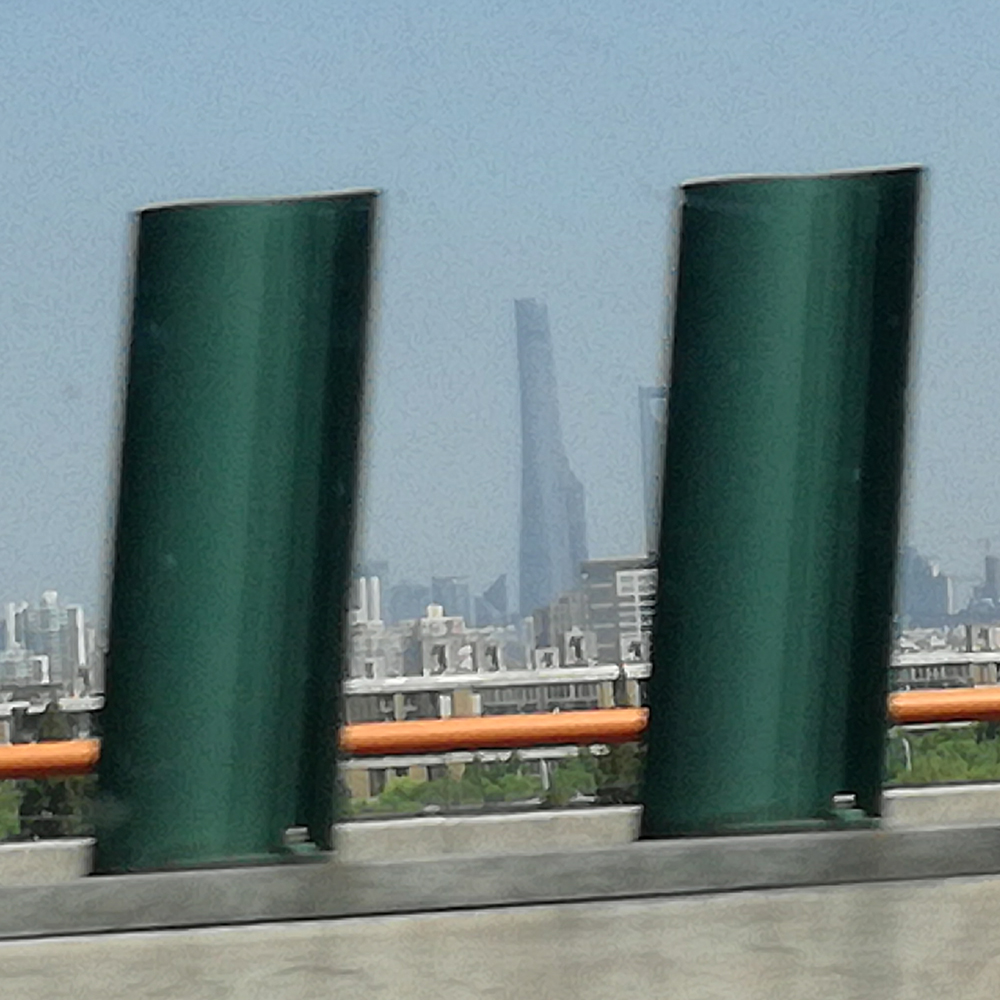
Whipple’s production is special because it possesses an incredible subtlety and attention to detail that not a lot of other music that you’d also probably describe as noisy, post-industrial dance, has. A resident DJ of the trendsetting Berlin-based, American expat club collective (and also label) Janus, the California-born producer’s sound aligns itself with the high-tech intensity of affiliated artists like Lotic and Kablam, while at the same time differentiating himself by care and intricacy. That balance – of soft contrasts and dappled hues – comes across most succinctly in HESAITIX, where Whipple creates a cinematic narrative around a kind of technological Arcadia. Despite being recorded entirely on a digital audio workstation – for the most part in the picturesque surroundings of Umbria, no less – the music is so delicately put together that it sounds almost completely organic. The rhythm, clatter and animal calls come alive.
In communicating with Whipple via email, his conversation is equally understated and no less profound. Raised on occult interests and revisionist feminist anthropology, while coming out of a carried exploration of deep ecology and anti-humanism into the Utopian promise of Prometheanism, M.E.S.H. talks us through his fascination with nature and how we relate to it.
** There’s very much an element of film soundtrack to the album, and with the project you’re doing for 3hd, you mention being inspired by the Shepard tone that Hollywood film director Hans Zimmer often uses. What led you in this direction and do you imagine the record as a sort of sonic cinema?
James Whipple: I guess it comes from an interest in sonic manipulation. I also am curious about the way Hollywood works, the way all these three-and-a-half -hour films that are impossible to follow are churned out, but also how if you ignore the fundamental issues that make these films both hyper-lucrative and borderline unwatchable. There are all these artisans and technical people pushing things forward from a craft perspective. I think it’s important to increase the fidelity of our imaginative power and seize these tools from the pigs who control these industries.
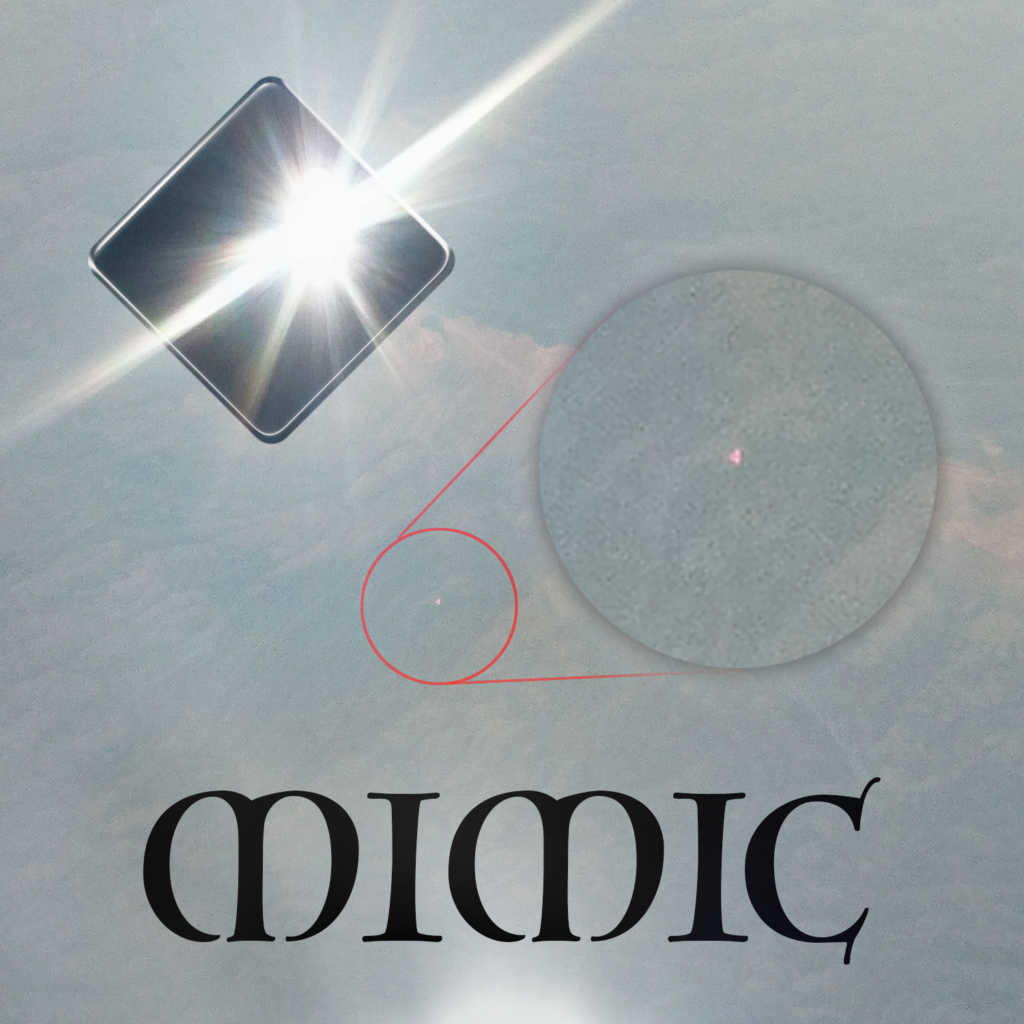
**I think what I like most about your music is that it’s almost as if it doesn’t sound electronic at all, that it could be performed with live instruments. How do you come up with these percussive elements?
JW: This might not be a very exciting answer. But I like to work at a pretty low volume. I find it really jarring and uncomfortable to be blasting music all the time. So this somehow causes me to make sounds that are more ‘worked-on.’ Because if you work loud the sounds literally feel real, if you are working quietly they are more like a picture of a sound and require something more.
** With the titling and the use of these nature samples in the music, there’s very much this Arcadian quality to HESAITIX, at the same time as being repeatedly intruded on by more industrial electronic elements, what are you getting at with that?
JW: I don’t think I’m consciously trying to juxtapose these elements. But I definitely have a longing for wilderness, while also pretty much believing in a kind of Prometheanism. I would love to see the human race using about 10 times more energy, while protecting and expanding all wilderness areas on earth.
When I was younger, I was really attracted to deep ecology and anti-humanism because of the leftist bubble I grew up and was educated in. It was really powerful for me to be able to experience, for example, old-growth forests in Oregon, these types of places where an ecosystem is at its peak of complexity and resilience that feel almost psychedelic to stand in because they are exploding with life. I think humans that are deprived of these types of experiences are at more risk of psychosis. At the same time, we need to intensify human activity and technological progress to eventually end all suffering.
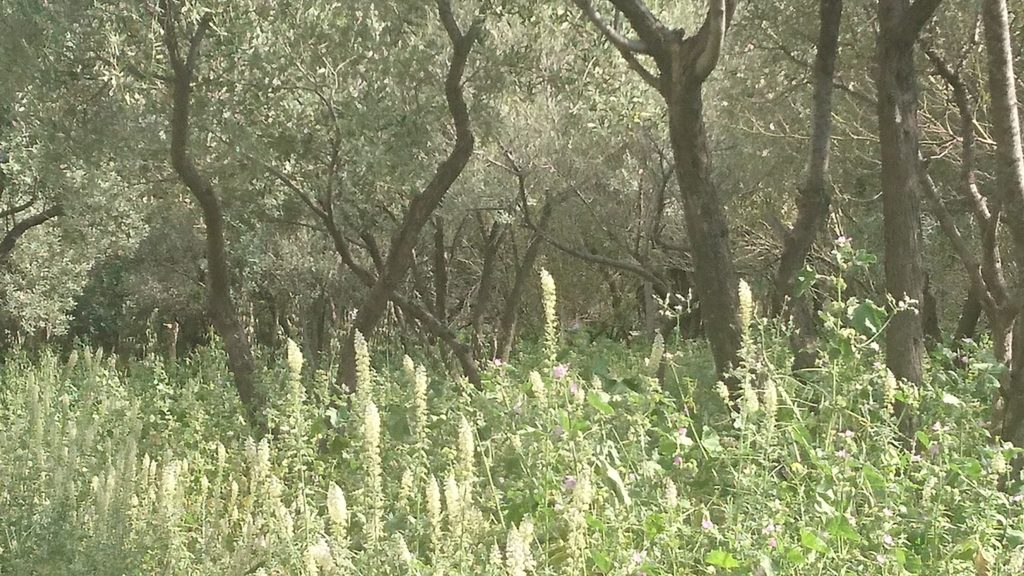
**From my position, I think it’s perfectly in keeping with this ‘organic simulation’ element to your work, which has been developing through earlier releases, is that something you’d agree with and is there something about this nature/technology, science/mythology nexus that attracts you?
JW: Yes and no. I don’t combine these elements because I want to make some kind of critique or set up a binary. I literally just want to live in paradise. When my music is harsh and grating, I feel ashamed and sorry. I think there is a moral imperative to increase the resolution of our dreams.
**You use some Latin (‘Nemorum Incola,’ ‘Diana Triplex’), as well as words that look like they could be Latin but appear made up (‘Ihnaemiauimx,’ HESAITIX), what’s going on there and why?
JW: Thanks for asking. I came across Nemorum Incola (“who dwells in shady forests”) and Diana Triplex (from a Roman coin with three Dianas) in the book The Rotting Goddess: The Origin of the Witch in Classical Antiquity’s Demonization of Fertility Religion. I wrote the album partially in Umbria, and was researching Italian paganism. I grew up around a lot of occult books and also a lot of revisionist feminist anthropology like Marija Gimbutas. I’m really fascinated by the symbols that hover in deep time.**
M.E.S.H.’s HESAITIX album was released via Berlin’s PAN label on November 10. He is taking part in the Whatever You Thought, Think Again exhibition at 3hd Festival, running November 22 to 25, 2017.
